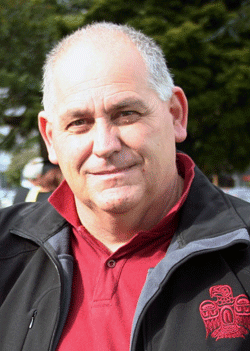A Massey University researcher will travel to the United States later this month to better understand the history of taewa (Maori potato), kumara, and Indian corn.
Dr Nick Roskruge was awarded a Fulbright Nga Pae o te Maramatanga Travel Award that will see him based at Cornell University in New York State for two months, beginning in April.
He will be based at Cornell’s International Institute for Food, Agriculture and Development.
“The idea is to do some presentations on my research to date,” he says.
“But I will also do some more research on the origin and distribution of these three key crops.”
Part of Dr Roskruge’s work is science based – looking at the genetics of the crops – but he also works with the communities of interest to hear oral histories that will help plot the crops’ dispersal.
Comparing production systems between communities and continents also provides insight to the knowledge systems around these crops.
Indian corn originates from Central America – Arizona and Mexico – while kumara comes from the northern tropical parts of South America and taewa originates further south in the Andean mountains and temperate Chile.
“I want to find out how these crops moved out from these origins,” he says. “This all happened before Spanish settlement there, so talking to indigenous groups is important.”
Dr Roskruge will travel across the United States to Washington to meet with the Makah Native Americans in Neah Bay, near the Canadian border.
“I have done some work with them in the past, as they have several ancient varieties of crop there that I hope to find out more about. They know a lot about the early movement of boats around the Pacific.”
He hopes to marry these two strands of research together into a book tracking the dispersal of the three crops through both scientific research and the stories told by indigenous people.




























































































